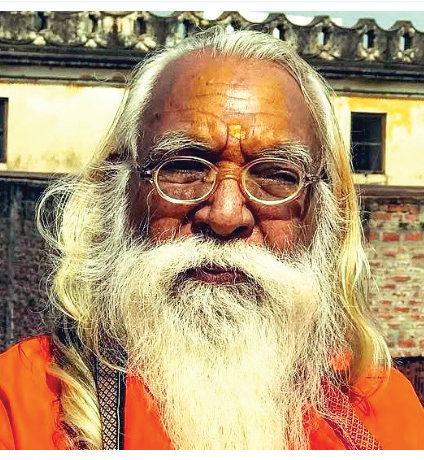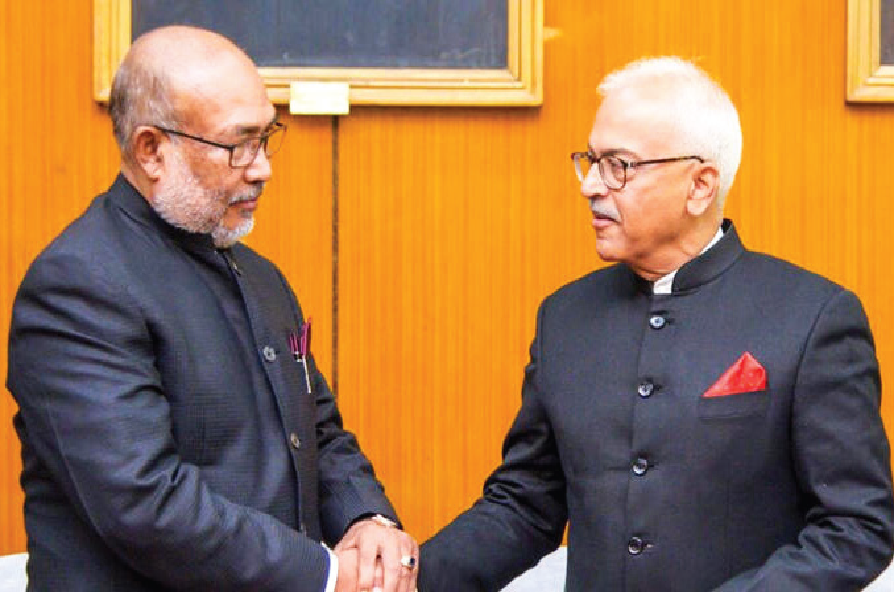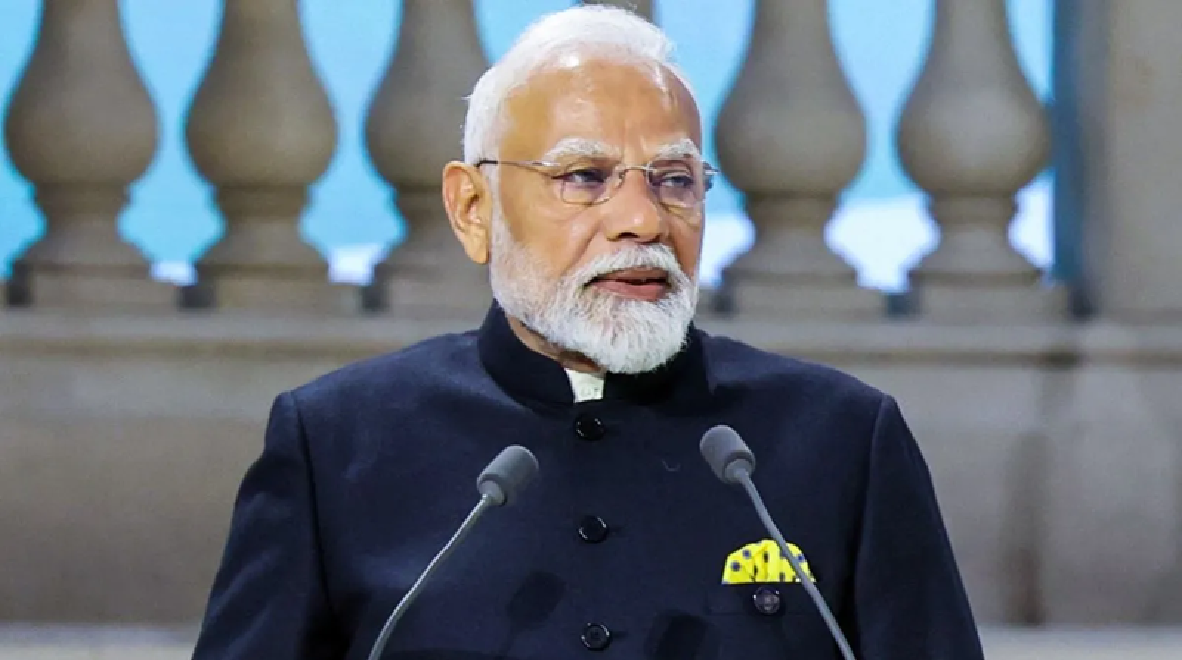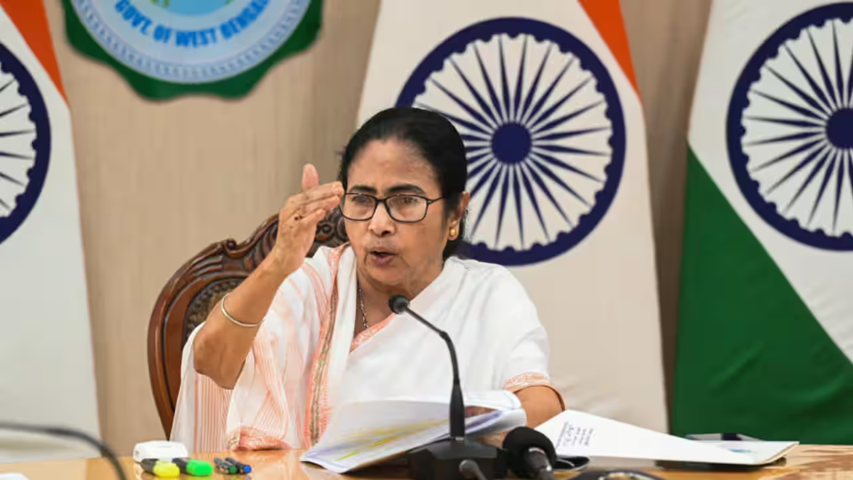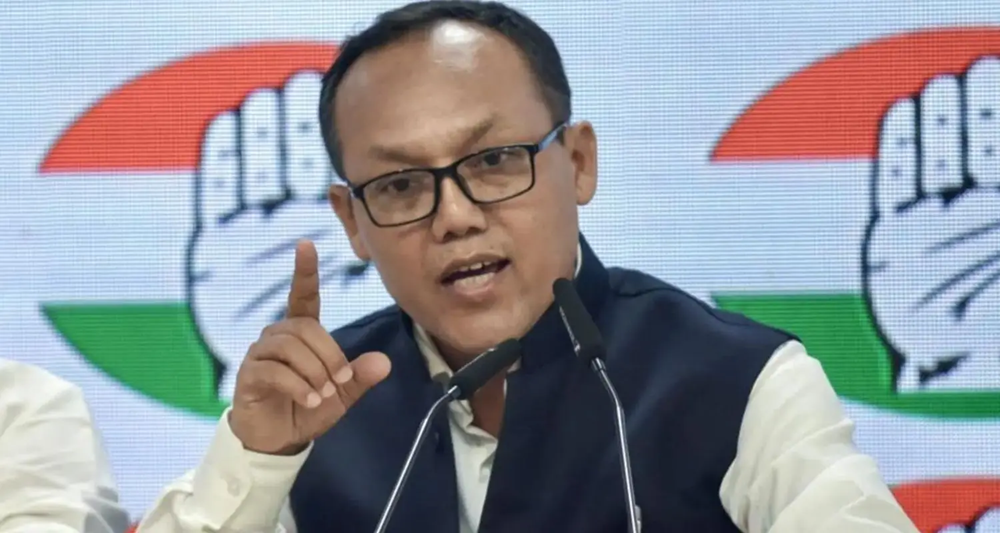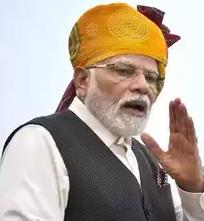
Modi's UCC gambit: Wordplay or wolf in sheep's clothing?
Bengaluru, NT Bureau: The meaning and connotation of words can shift significantly based on how they are used and in what context.
In his recent Independence Day address, Prime Minister Narendra Modi invoked the concept of a uniform civil code (UCC), a topic closely associated with the Rashtriya Swayamsevak Sangh (RSS) and the Bharatiya Janata Party (BJP).
However, Modi's reference to the UCC as a 'secular' civil code rather than a 'uniform' one marks a significant shift in its perceived intent and impact. The prime minister’s choice of the word 'secular' rather than 'uniform' appears to be a strategic maneuver.
By describing the civil code as 'secular', Modi aims to distance the proposed reforms from accusations of religious bias. Traditionally, the UCC has been criticized by some as a tool to undermine minority laws and traditions.
The use of 'secular' in this context is likely intended to neutralize such criticisms, challenging the Opposition to object to what is framed as a nonreligious, all-encompassing legal framework.
The alteration of terminology from 'uniform' to 'secular' shifts the focus from equality and commonality to a framework that ostensibly aims to transcend religious boundaries. This change could complicate opposition arguments.
While 'uniform' connotes a system that applies equally to all citizens, regardless of religion, 'secular' introduces a nuanced layer suggesting the removal of religious influences from legal matters. By framing the code as 'secular', Modi may seek to obscure the real implications of the UCC, which could indeed flatten diverse religious practices under a singular legal system.
Critics argue that this redefinition could undermine the essence of India's pluralistic legal landscape. The Law Commission, in 2018, noted that a uniform civil code might not be necessary or beneficial given the country’s diverse demographic fabric.
The commission's stance highlights that India’s legal framework, which accommodates various religious practices, aligns with the democratic principle of pluralism.
Thus, the push for a 'secular' civil code might not only be unnecessary but could also threaten the very diversity it purports to embrace. Most sane minds and experts agree that the nation is characterized by its pluralism and diversity, making the idea of consolidating everything into a single, centralized system contrary to the essence of our democracy.
For individuals who prefer not to adhere to religious laws, there are civil regulations governing marriage and inheritance. Furthermore, a uniform civil code is inherently civil and does not require the term 'secular' for clarification.
 English daily published in Bengaluru & Doha
English daily published in Bengaluru & Doha


